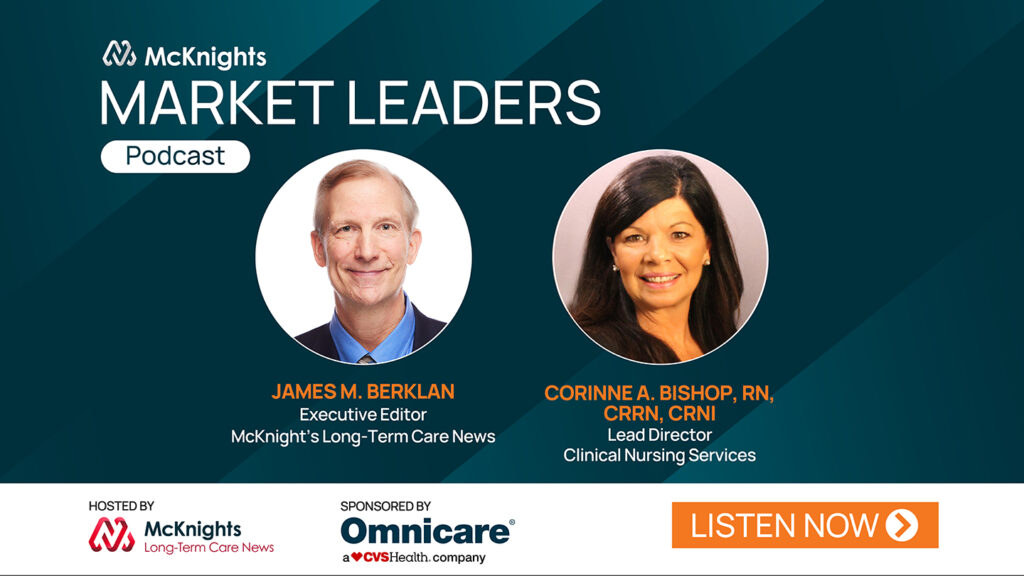
The coronavirus crisis is unlike anything our healthcare workers have ever seen. The hours are long, the workflow constant and the outcomes not always favorable. By June 2 over six million cases had been confirmed around the globe, and over 370,000 people had died of the virus. Nearly 35 percent of those cases (1.81 million), and nearly 36 percent of those deaths (105,000), had occurred in the U.S.
All this has, sadly, stretched these workers to the breaking point.
Dr. Shannon Sovndal — author of the soon-to-be-released book “Fragile,” about life in the emergency room — said the rate of post-traumatic stress disorder (PTSD) suffered by those working in ERs was already comparable to that of those who go to battle. The pandemic, he told Fierce Healthcare, “adds an extra level of stress to our work.”
On March 23 the Journal of the American Medical Association published a study of 1,257 healthcare workers from 34 hospitals in China, where the virus first flared up. It concluded that 71.5 percent of them were suffering from psychological distress, while 50 percent showed symptoms of depression, 45 percent exhibited anxiety and 34 percent were suffering from insomnia.
A U.S. company called Trusted Health reached similar conclusions. That organization, which links traveling nurses with employer healthcare networks, canvassed its 1,425 nurses and found that 30 percent of them reported a decline in their emotional state as compared to what it had been before the pandemic. Such results are hardly surprising. An inability to adequately care for a patient can result in healthcare workers suffering “moral injury” — i.e., overwhelming helplessness. Moreover, such workers are often left to comfort dying patients, seeing as friends and family members are usually not allowed on the premises.
Such concerns are particularly acute in skilled nursing facilities, where the residents fall into the high-risk category and social distancing is an impossibility. Direct caregivers, of which there are some 4.5 million across the country, are responsible for bathing and feeding residents. They help them dress and brush their teeth. They tend to their wounds, help them get to the restroom, even tie their shoes.
“Everything is touch,” Jeffrey Ravago, a California-based caregiver, told The New York Times.
Complicating matters even more, healthcare workers tend to be the kind of people who “don’t prioritize their self-care because they’re such givers,” according to Bernadette Melnyk, dean of Ohio State University’s School of Nursing.
Here, we see the catch-22 that healthcare providers face. They drive themselves to their limits to care for their patients — and in their exhaustion, may put their own health at risk.
Some simple steps can go a long way. The Centers for Disease Control and Prevention (CDC) lists proper diet, exercise, sleep and mindfulness as antidotes for stress, and many others agree.
- Diet: Stress weakens the immune system, but it can be strengthened by eating foods like fruits and vegetables, yogurt and poultry.
- Exercise: Aerobic exercise stimulates the release of endorphins, the body’s feel-good chemicals. This doesn’t necessarily mean running a marathon; walking is just fine. Indeed, any movement is. And it has been proven that just getting out in nature has tremendous benefit.
- Sleep: Getting proper rest has been shown to positively impact mood, concentration and judgment. In other words, you’re better-equipped to deal with whatever comes your way during your waking hours.
- Mindfulness: A study of intensive-care unit nurses showed that yoga dramatically improved their coping strategies and overall effectiveness.
Maintaining a healthy relationship with COVID-related news can also be a big help. While it’s prudent to remain aware of the latest guidelines and pertinent updates, overdoing it can significantly add to your anxiety.
It’s also important to find ways to kick back and enjoy yourself, as laughter truly is the best medicine. It releases serotonin, which positively impacts mood, while also strengthening one’s connection to others and improving heart health. So while there is little about everyday life that is amusing at present, it is important to find some reason to smile.
Merely starting your day by thinking of three things you are grateful for can lighten your mood, even in times like these. Studies have shown that grateful people produce stress hormones at a rate 23 percent lower, which has profound effects on the immune and endocrine systems.
Naturally it is important to have a strong support network, but those ties have often been strained by social distancing. A doctor in Atlanta, for instance, has taken to living in the garage apartment of his home, out of fear of infecting his wife and three young children.
Under such circumstances technology can be an enormous benefit. Video-conferencing platforms like Zoom, Skype and Facetime have markedly increased in popularity during the crisis. Zoom alone went from 10 million daily users in December to 200 million in March, as it was employed for get-togethers ranging from business meetings to family reunions.
Certainly institutional measures go a long way, too. Columbia University’s Irving Medical Center has instituted Circle of Care online support groups for those working to combat the disease’s spread, and Mt. Sinai’s CEO has taken a personal approach, supplying those on the facility’s COVID team with snacks and notes of support. Various counselors are also available to the rank and file in that facility.
Self-care has never been more critical for healthcare professionals than it is right now. We’re facing a pandemic the likes of which our frontline workers have never seen, and the emotional toll is sapping our already-drained caregivers of the mental and physical energy needed for proper care.
Those in healthcare are intimately familiar with the Hippocratic oath: “First, do no harm.” Perhaps it is time we adhere to a new oath: “Care for yourself as you would care for others.” That oath is important for all of us, but especially so for those toiling away tirelessly in our nation’s emergency rooms, healthcare facilities, and nursing facilities. Let’s not forget that compassion and care are our greatest weapons in this battle against the coronavirus.
Joel Landau is the founder and chairman of The Allure Group, a rapidly expanding provider of skilled nursing and rehabilitation services throughout the New York downstate area.




